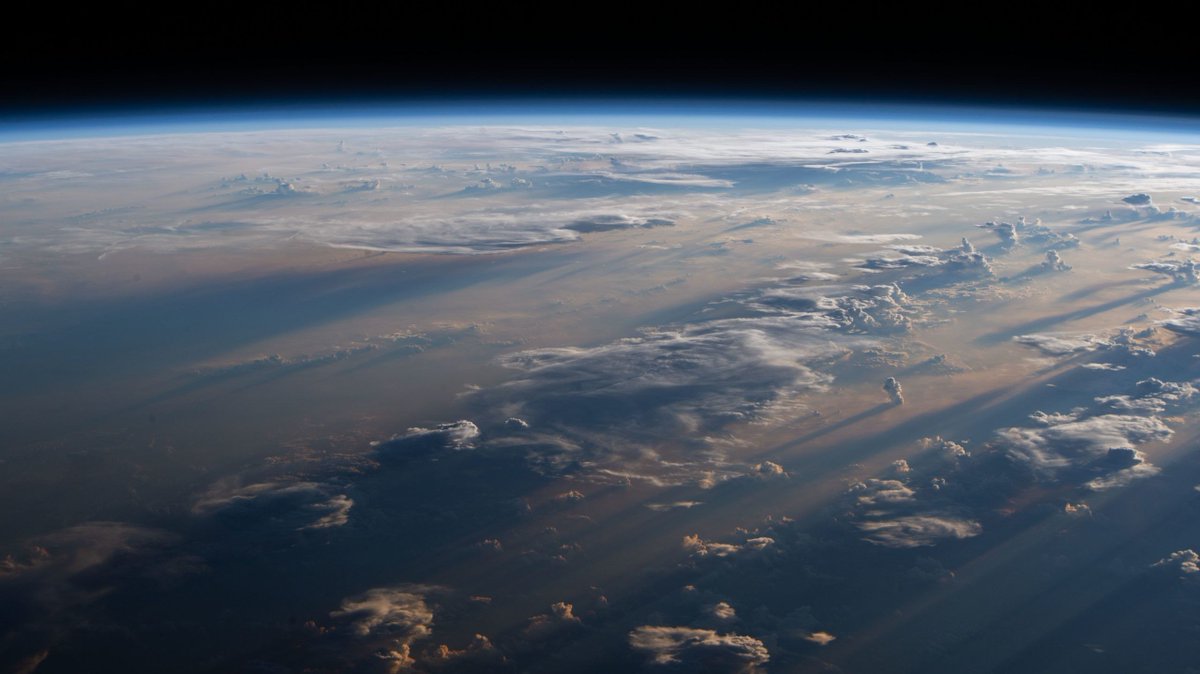
The National Oceanic and Atmospheric Administration (NOAA) in the US stated that July 2021 was the hottest month ever recorded globally, in 142 years of recordkeeping. The previous record was set in July 2016.

Extreme temperatures and serious wildfires getting to extreme proportions were recorded this summer in the northern hemisphere. Firestorms is a severe class of flames penetrating the upper limit of the troposphere.

Madagascar is experiencing levels of starvation at a scale described as “beyond belief”. 30,000 people are estimated to be experiencing the highest internationally recognized level of food insecurity, level 5, according to the UN.

A recent study notes that the Atlantic Meridional Overturning Circulation (AMOC) is losing its stability. Modelling studies have shown that an AMOC shutdown would cool the northern hemisphere and decrease rainfall over Europe.

In the US, 17m barrels of oil are needed to produce the plastic to meet annual bottled water demand. Bottled water in the UK is at least 500 times more expensive than tap water.

Nations have delayed curbing their fossil-fuel emissions for so long that they can no longer stop global warming from intensifying over the next 30 years.

France and Germany are now calling on other EU countries to follow their lead in banning the controversial practice of culling male chicks, which both countries pledged to end from January 2022.

This meltdown has caused concern, as continued large-scale melting of Greenland’s ice could lead to flooding in coastal cities worldwide.

A U.S team has found that surplus sugar may cause our cellular powerplants - called mitochondria - to become less efficient, reducing their energy output.

There are major links between climate change and extreme rainfall events like the one in northwestern Europe. A one-degree rise in temperature has the potential to give you a 7 % increase in the intensity of rainfall.

Some parts of Iran had a 50 to 85 % reduction in precipitation this year. There are also temperature rises of 2-3 C. These factors have prompted tensions between the Iranian government and its citizens.

A team from NASA and NOAA found that the Earth’s “energy imbalance” doubled between 2005 and 2019. The Earth is absorbing more energy than it was emitting.

With this, Antarctica has now become one of the fastest-warming regions in the world - registering a rise of almost three degrees Celsius in the last 50 years.

As many as 15 million people and 1,829 square km land in seven Asian cities could be affected by extreme sea-level rise and coastal flooding by 2030, a recent report by Greenpeace East Asia flagged.

Scientists were alarmed at the amount of dissolved mercury they found in rivers and fjords. The heavy metal raises concerns for the health of indigenous communities. And with global warming, the problem may get worse.